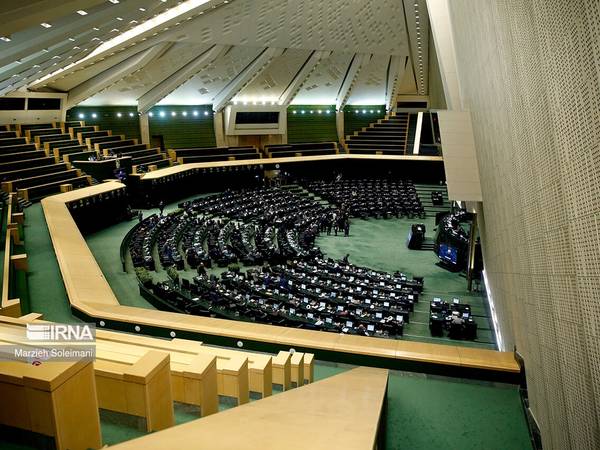A member of the Iranian parliament's National Security and Foreign Relations Committee has said that the current "weak government" is the result of the presence of "a corrupt deviant group".
Morteza Mahmoudvand, a parliament member from Khorram Abad, informed reporters that most of Iran's problems stem from this corrupt faction within the government. He pledged to substantiate this claim with documents and evidence for the public.
He emphasized, "Despite the efforts of the current parliament to assist the government, certain deviant elements within the Raisi administration obstructed constructive measures, leading to a feeble government." He reiterated his statement as a seasoned political and security expert.
Mahmoudvand accused this deviant group of having connections to foreign entities, although he refrained from disclosing the identities of these individuals or the involved foreign countries. He asserted that these infiltrators have permeated the government and are responsible for the failures of the Raisi administration.
He revealed that he had informed President Ebrahim Raisi multiple times about these infiltrators but observed no action taken by the Iranian president. Mahmoudvand added that when Raisi formed his government, he lacked a cohesive team, allowing foreign-backed infiltrators to join his administration, potentially leading to a significant crisis for the nation.
Similarly, former lawmaker Gholam Ali Jafarzadeh Imanabadi told reporters on Monday that individuals like Economy Minister Ehsan Khandouzi, lacking prior administrative experience, were suddenly promoted to cabinet positions. He expressed regret, saying, "I wish Raisi had never become Iran's President."
Imanabadi lamented the loss of the European market due to the inefficiency of government ministers and officials. He criticized the parliament, citing members who lack understanding of the country's realities and economic illiteracy.
He remarked, "There isn't a single economist among the members of the new parliament." He criticized the prevalence of populist radicals in the current parliament.
Iranian hardliners loyal to Supreme Leader Ali Khamenei barred hundreds of candidates from running for the March 1 parliamentary elections, paving the way for a relatively small circle of ultraconservatives to win many seats amid a low-turnout event.
Imanabadi said: "I am not happy about the government's failure. It is regrettable that as a result of the government's inefficiency the rate of exchange for the US dollar is now more than 600,000 rials. In the meantime, we have lost the European market as the government has shown more interest in transactions with regional countries. Our trade balance for the first nine months of the Iranian Year (late March to late December 2023) has been negative.”
He pointed out: "We have lost so many of our military men in Syria, but we hold only four percent of that country's market” This comes while more than 70 percent of the Syrian market belongs to Turkey, he said and added, "At the same time, the International Monetary Fund has acknowledged the sharp drop in the value of Iranian currency. This is the outcome of assigning big jobs to radical populists who do not understand the realities.
Pointing out the weakness of the parliament, Imanabadi said that only 7 percent of legislation by the current parliament have something to do with the country's economic situation.
The former commander of the IRGC's Khatamolanbia Headquarters Saeed Mohammad has in a recent interview highlighted the lack of coordination among the members of Raisi's economic team as one of the reasons for his administration’s economic failures. He asked: "Why the government does not ask itself for what reasons its economic slogans have not materialized?"
He questioned the administration's failure to fulfill its economic promises despite Khamenei's repeated emphasis on production growth.
